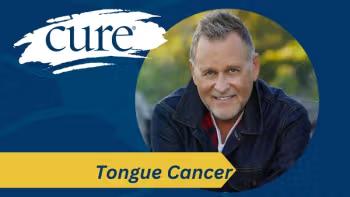
Dave Coulier sat down for an interview with CURE to discuss his recent tongue cancer diagnosis and his treatment journey.

Dave Coulier sat down for an interview with CURE to discuss his recent tongue cancer diagnosis and his treatment journey.

Reach out to professionals, go to safe online sources, contact your local cancer support center. I hope these tools help you as they have helped me.
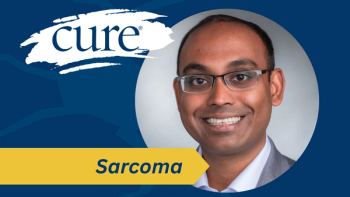
Dr. Vinayak Venkataraman sat down for an interview with CURE to discuss the evolving treatment of gastrointestinal stromal tumors.
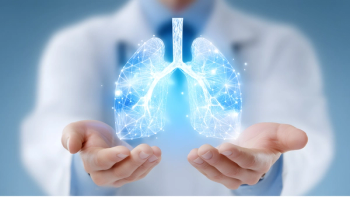
From new imaging and targeted therapies to patient journeys, 2025 highlighted key advances and personal stories in lung cancer care and awareness.

I reflect on a year of healing, family, and meaningful rituals while setting intentions for 2026 with vision, consistency and awakening.
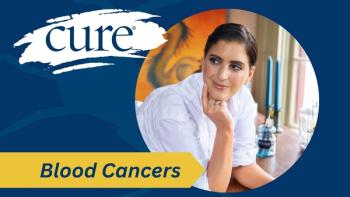
Journalist and author Suleika Jaouad recently delivered the keynote address at the inaugural Blood Cancer Heroes celebration.
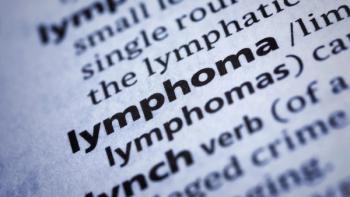
Adding Monjuvi and Revlimid to standard chemotherapy helped patients with newly diagnosed lymphoma live longer without disease worsening.
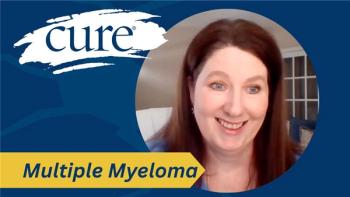
Colleen Mabasa, a patient with multiple myeloma, discusses her CAR T-cell therapy journey and the pivotal role self-advocacy played in her care.

Prostate cancer survivors Ronald Wakefield and Ernie Strauss sat down for an interview with CURE.

From hair regrowth to safe pregnancy chemotherapy and new targeted therapies, these top five breast cancer stories of 2025 highlight patient care advances.
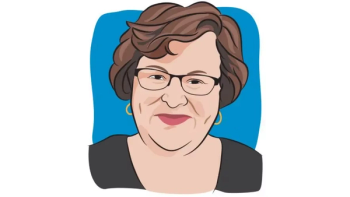
My dog Chloe had a lump that scared us, but it turned out to be a benign lipoma. Surgery went well, and she’s now fully healed and playful again.

I was 46 years old the summer I discovered I had cancer; my children were 11 and 8. I was determined to live because my kids still needed their mama.
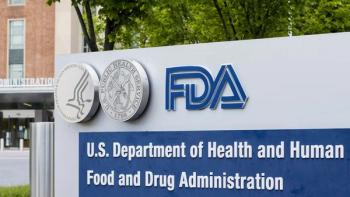
Takeda and Protagonist Therapeutics have submitted a new drug application to the FDA for rusfertide for adults with polycythemia vera.

Dave Coulier, who has become a vocal advocate during his cancer journeys, has launched a digital wellness platform, AwearMarket.
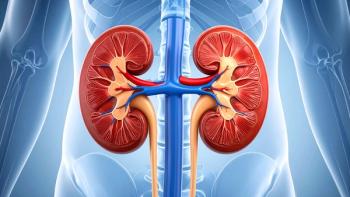
Receiving a diagnosis of stage 4 renal cell carcinoma can be overwhelming, but the treatment landscape has changed in recent years. Learn more from CURE.

Diagnosed with myeloma in 2017, Oya Gilbert highlights self-advocacy, emotional well-being and culturally relevant outreach for underserved patients.

For people who are expected or required to be compassionate in their everyday life or work they should start by training in compassion.
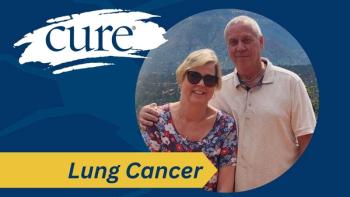
Wendy Brooks, a survivor of extensive-stage small cell lung cancer, and her husband and care partner, Larry Brooks, highlight the role of self-advocacy.

The NCCN hosted a Patient Advocacy Summit to address elevated cancer risks and specific healthcare needs of veterans and first responders.
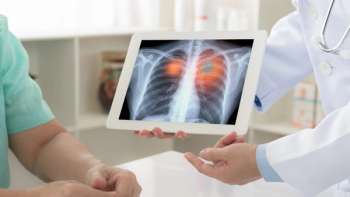
Early trial data suggest Olvi-Vec may shrink or control cancer after platinum therapy, with safety signals in small cell and non-small cell lung cancer.
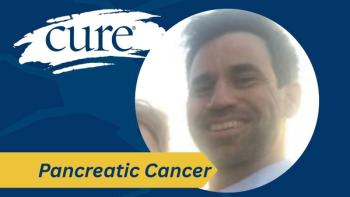
Dan, a pancreatic cancer survivor and advocate, shared insights on participating in clinical trials and the importance of self-advocacy.
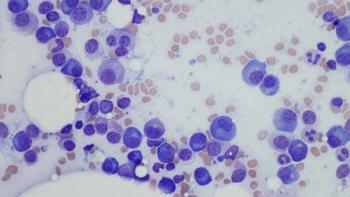
Living with an incurable cancer that resists durable remission means holding hope and grief at the same time — existing between promising data and lived experience.

I share how ikebana, silence and intentional space have helped me live with chronic leukemia, anxiety and uncertainty between appointments.
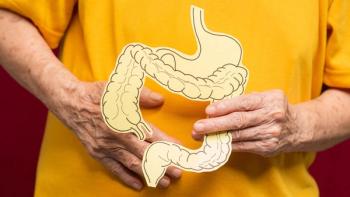
Your educational guide during a colon cancer diagnosis, including what to expect for screening, staging, treatments and managing side effects.
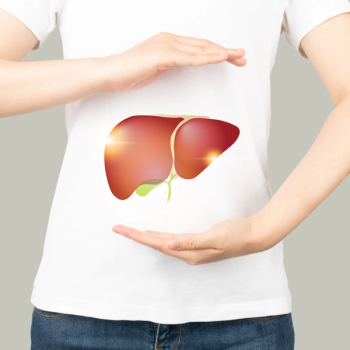
Education is a vital step in navigating gallbladder cancer care.

The FDA approved six new therapies for blood, prostate and lung cancers and supportive care, expanding treatment options based on recent trials.
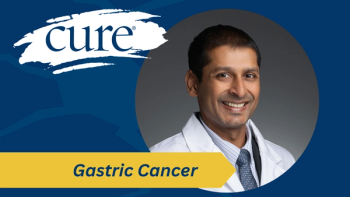
An expert discusses how precision oncology, immunotherapy, biomarker testing and clinical trials are expanding treatment options for patients with gastric cancer.
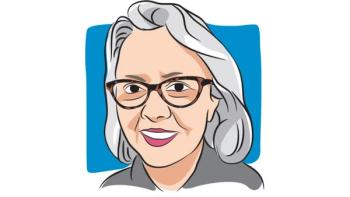
Breast cancer survivors who continue to deal with high-risk factors in a remaining breast need to be proactive about medical protocols that fit a high-risk survivor’s needs.

Five years after finishing treatment for follicular lymphoma, I reflect on remission, scanxiety, life changes, and the joys and challenges of recovery.
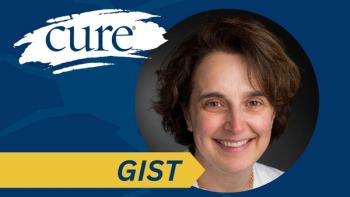
Dr. Suzanne George sat down with CURE for an interview to discuss the ongoing phase 1/2 DCC-3009 study in advanced gastrointestinal stromal tumor.